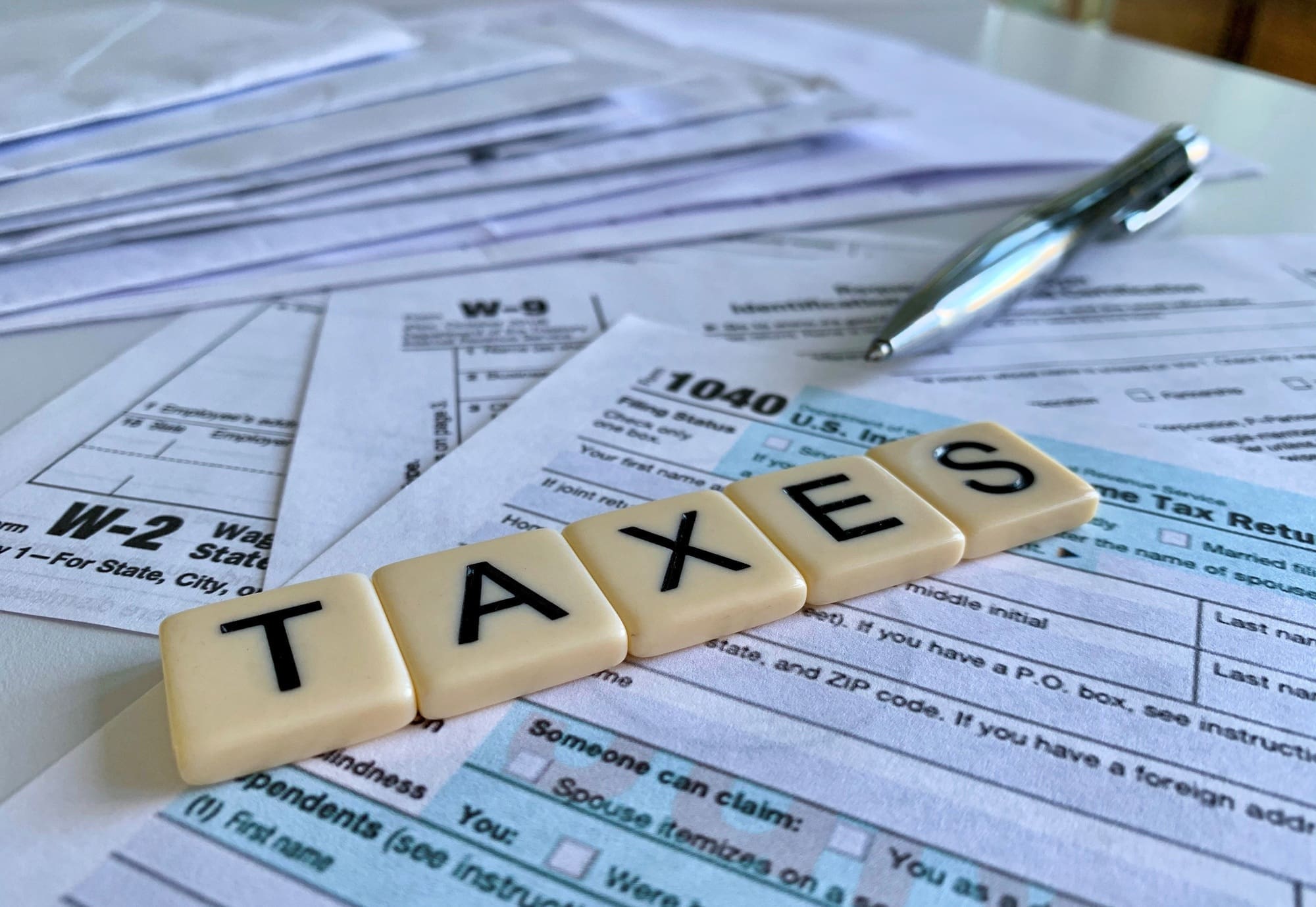A special relief from inheritance tax is afforded to land that is occupied “for the purposes of agriculture”. The term is not exhaustively defined – no doubt the parliamentary draftsman thought that unnecessary and that, like an elephant, you would recognise it when you saw it.
HMRC have always accepted that for these purposes agriculture includes inter alia “cultivation to produce food for human and animal consumption”. This is obviously correct. I was intrigued to see that that guidance has recently been expanded to confirm that “food” in this context would include, for example, grapes grown to produce wine and apples grown to produce cider. This, it seems, is equally obvious: commercially run vineyards and orchards are plainly agricultural property and always have been.
Less obvious questions have arisen over the years, some of which include:
- Production of reeds for thatching (not agriculture on the slightly questionable ground that reeds, being a natural growth, lack the requirement for “cultivation” that marks out agriculture).
- Growing grass for turf (agriculture).
- Keeping of birds such as pheasants for sport (not agriculture – apparently on the grounds that the production of food is a by-product rather than the primary purpose of the activity).
Some activities that are not agricultural as a matter of general law have at various times been treated as such for inheritance tax purposes. This includes operation of a stud farm (but not the grazing of horses for leisure purposes).
HMRC appear equivocal about biomass. On the one hand, cultivation of short rotation coppice is accepted as agricultural. In HMRC’s view, other bio-energy crops such as miscanthus for biomass, or oilseed rape and wheat for biofuels “may constitute qualifying uses of land”.
Actually, it is fairly obvious that they do: after all, the OED definition of agriculture is the “science or practice of cultivating the soil and rearing animals” – nothing there about the end-use of the products of your endeavours.
Returning to the confirmation that vineyards are agricultural, we also note that the IHT relief applies not only to land in the UK, Channel Islands or Isle of Man: it also extends to land in any EEA state. Whether that extension will survive Brexit is another matter but for the time being, at least, to the other attractions of acquiring a vineyard in an agreeable part of France are added the inheritance tax benefits that it carries.


